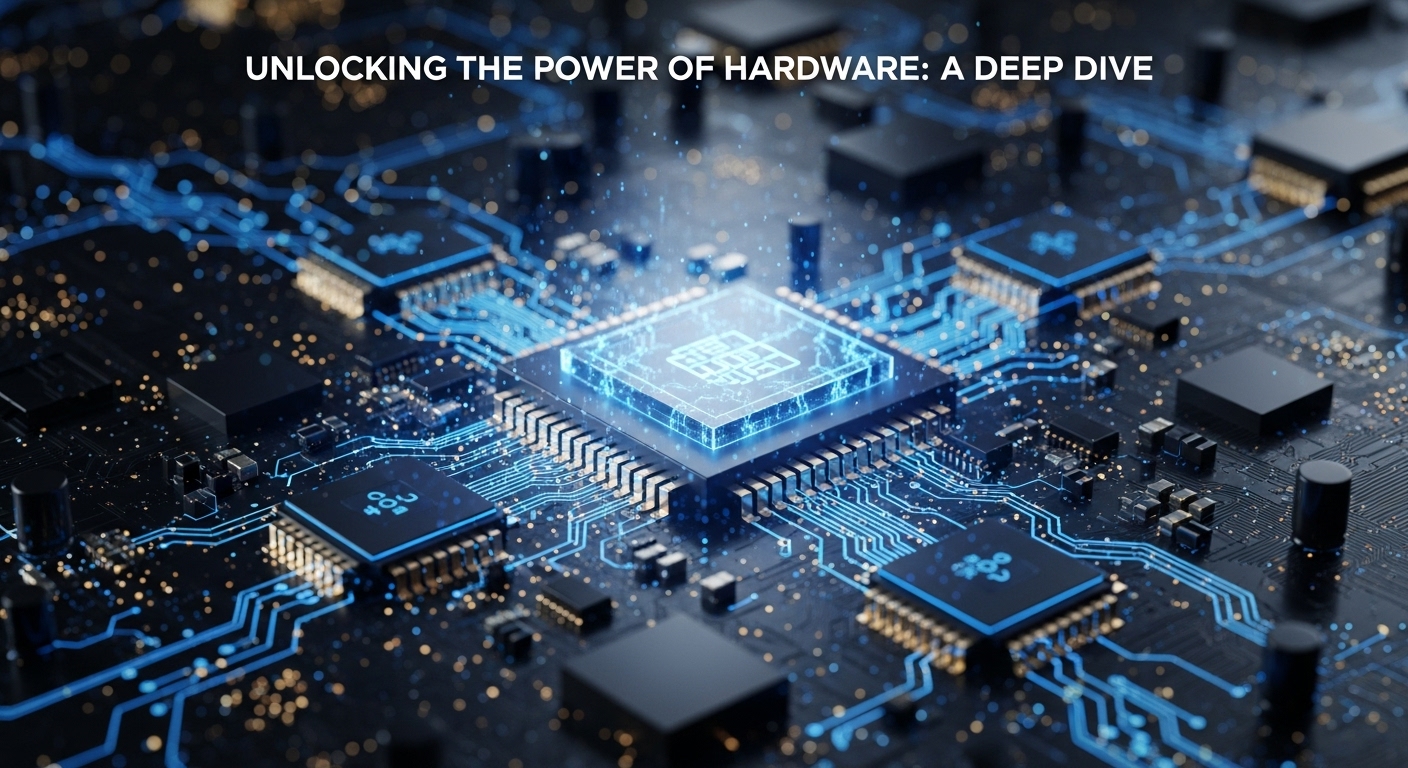**Exploring the World of Hardware: A Comprehensive Guide**
In a world driven by technology, hardware plays a crucial role in enabling the devices and systems we rely on every day. From the intricate components inside our smartphones to the powerful servers that drive the internet, hardware forms the backbone of modern computing. In this blog post, we will delve into the world of hardware, exploring its history, significance, applications, and future trends.
**History of Hardware**
The history of hardware can be traced back to the early days of computing when mechanical devices like the abacus were used for calculations. The invention of the transistor in the mid-20th century paved the way for the development of modern electronic hardware. With the advent of integrated circuits and microprocessors, computing power increased exponentially, leading to the rise of personal computers and later, mobile devices.
**Significance of Hardware**
Hardware is the physical components of a computer system that enable it to function. Processors, memory modules, storage devices, and peripherals are all examples of hardware components. Without hardware, software would have no means of execution, and computing tasks would be impossible. The quality and performance of hardware directly impact the speed, efficiency, and capabilities of a computer system.
**Applications of Hardware**
Hardware finds applications in a wide range of industries and sectors. From consumer electronics like smartphones and tablets to industrial machinery and medical devices, hardware is omnipresent. In the automotive industry, hardware components power advanced driver-assistance systems and autonomous vehicles. In the healthcare sector, specialized hardware enables medical imaging, patient monitoring, and diagnostic equipment.
**Future Trends in Hardware**
The future of hardware is shaped by emerging technologies and evolving consumer demands. As we move towards a more connected world, the demand for faster, more efficient hardware is ever-increasing. Quantum computing, a revolutionary technology that harnesses the principles of quantum mechanics, holds the promise of solving complex problems that are beyond the reach of classical computers. Artificial intelligence and machine learning are driving advancements in hardware optimization and parallel processing.
**Conclusion**
In conclusion, hardware forms the foundation of modern technology, enabling the devices and systems that shape our daily lives. Understanding the history, significance, applications, and future trends of hardware provides valuable insights into the dynamic world of computing. Whether it’s the latest smartphone or a cutting-edge supercomputer, hardware continues to push the boundaries of what is possible. As we look ahead to a future driven by innovation and connectivity, the role of hardware will only grow in importance. So next time you pick up your device or interact with a computer system, remember the intricate hardware that powers it all.


